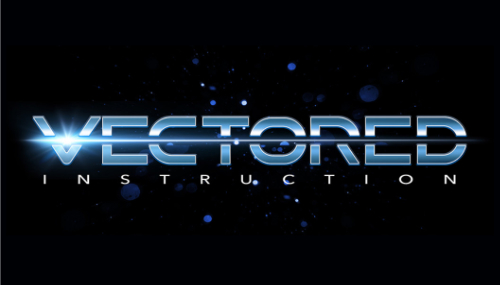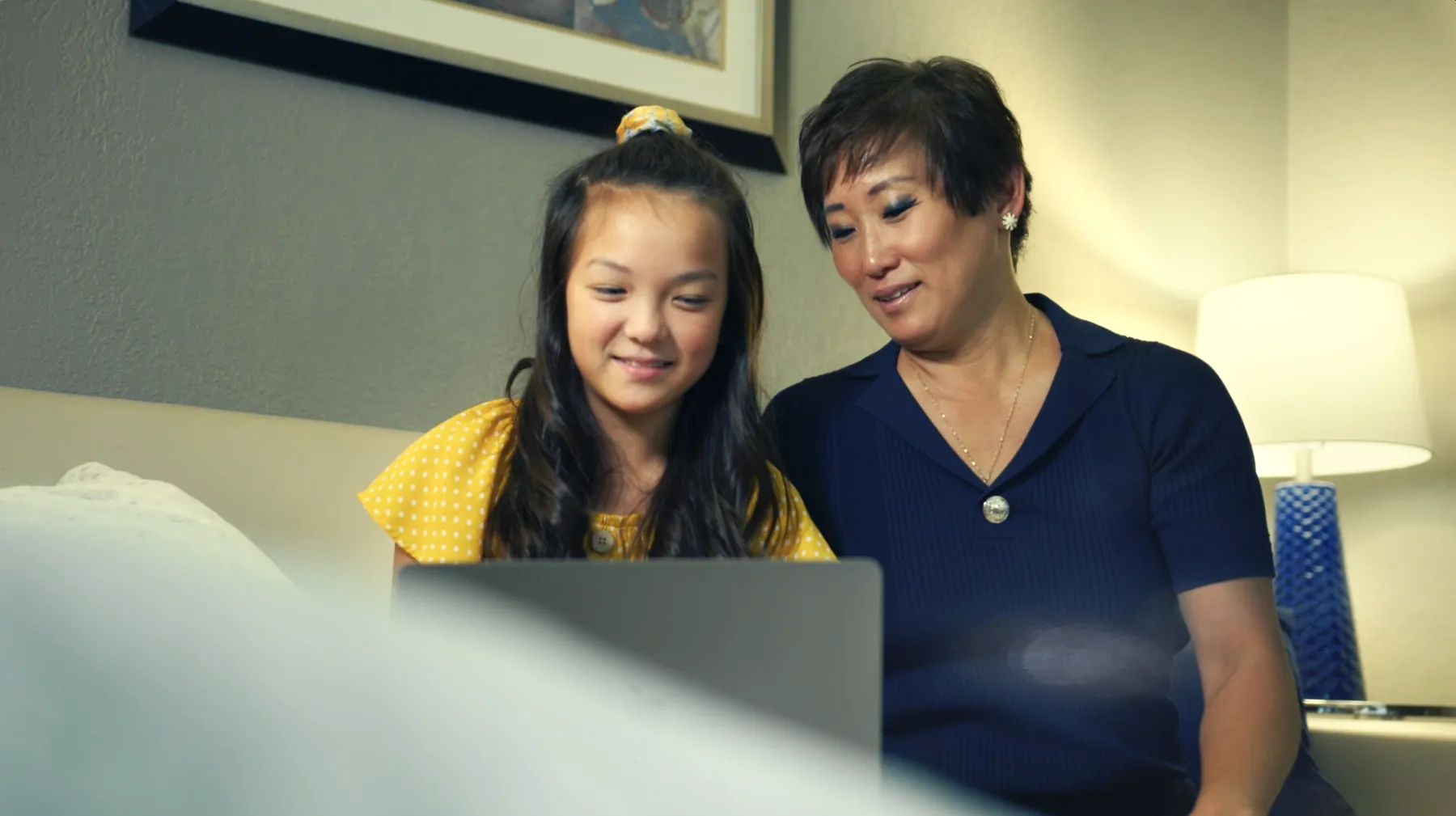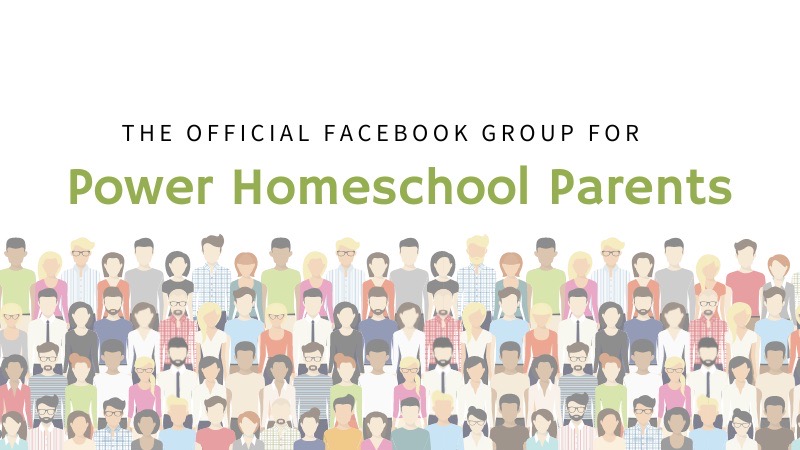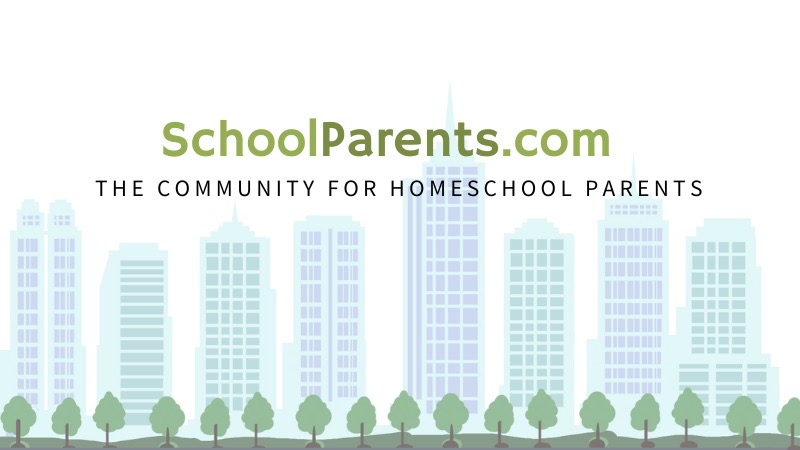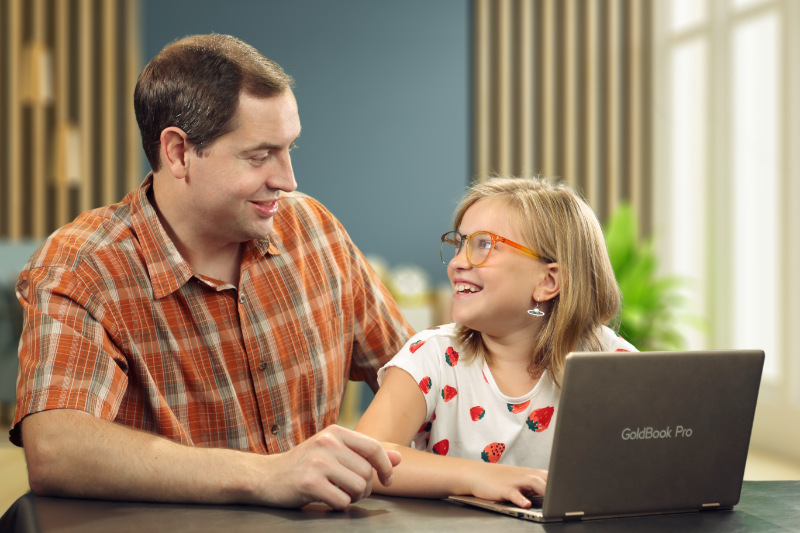
Homeschooling in Minnesota
Power Homeschool’s Homeschooling in Minnesota site highlights resources, helpful tips, support groups, and so much more!
Here are some useful resources that may be helpful as you are getting started.
Homeschool Laws and Requirements in Minnesota
Each state has different rules regarding a parent’s ability to homeschool their children and all the laws that they must follow.
Homeschool Groups and Support in Minnesota
Some of the best resources to help homeschool families be successful are homeschool associations, support groups, and co-ops.
How to Start Homeschooling in Minnesota
If you have decided that homeschool is a good fit for your family, you are probably wondering how to get started with the whole process.
Field Trips Available to Homeschoolers in Minnesota
The flexibility to go on more field trips is one of the many perks of homeschooling.
Find out what Minnesota has to offer!
Resources
Minnesota Homeschool Laws and Requirements
Many states have rules and guidelines regarding parents homeschooling their children. Here are some links to help you find information regarding Minnesota.

Important Considerations for Homeschooling Success
Create a Study Plan
When homeschooling in Minnesota, it is important to establish a clean environment where distractions are limited for your child to study on a regular schedule. Study routines are valuable for learning discipline. They also help your child stay on track with weekly, monthly and yearly academic goals. Create a schedule and expect your child to stick to it. Modify the schedule when necessary to help your child stay challenged while still able to achieve your expectations.
Read more: 10 Tips to Effectively Homeschool Online
Build Foundational Knowledge
As your child progresses in their studies, addressing gaps in their foundational knowledge will be crucial to their future success. For example, if your child struggles with basic math, it may become nearly impossible for them to master more advanced math concepts until they get help with their basic math challenges. In Acellus courses, Vectored Instruction automatically takes into account a student’s existing knowledge gaps and provides targeted interventions to bridge those gaps. If a student lacks the foundational understanding required for the new concept, the system automatically provides relevant remedial content before proceeding further.
It is crucial that students achieve early success with online learning so that their confidence will grow. Sometimes it may be necessary to place your child into an earlier course so they can begin experiencing success before they are ready to start moving forward with their learning.
Read more: Helping Your Student Excel in Acellus
KEEP RECORDS AND DOCUMENTATION
Minnesota homeschooling families should keep thorough records of their child’s education. This will be beneficial when they apply for colleges or jobs after high school. Power Homeschool’s online parent portal automatically makes it easy to track progress, download coursework examples, attendance, and keep transcripts of classes taken.
It is also a good idea to get student ID cards and parent/teacher ID cards. Many retailers and venues offer teacher or student discounts that can be claimed by showing ID cards. A professional student ID card with a good quality identification photo included is also an good way to show that your student is enrolled is a reputable homeschool program.
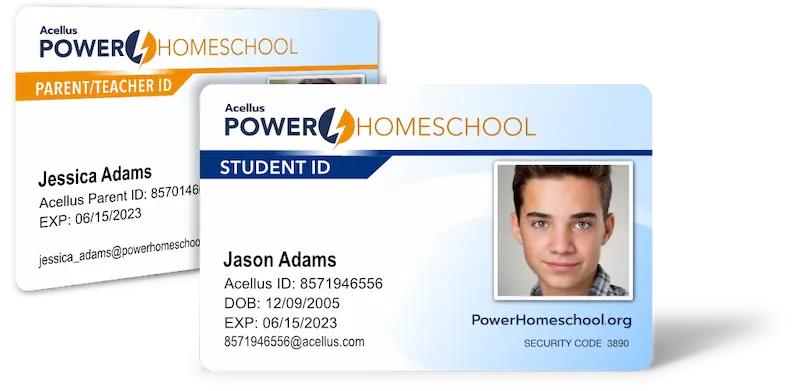
Resources
Homeschool Support & Groups in Minnesota
Homeschoolers in Minnesota are fortunate to have a variety of support that offers resources, tools, and advice to homeschoolers. Minnesota families are lucky enough to have two statewide homeschooling associations:
- The Minnesota Homeschoolers’ Alliance provides support and information to Minnesota homeschoolers. The secular organization offers tax information, book sales, blogs, events, and so much more!
- The Minnesota Association of Christian Home Educators (MACHE) is a faith-based organization that offers a variety of resources as well as hosts an annual convention, graduation ceremony, and workshops.
Joining a homeschool association offers a plethora of benefits and allows homeschoolers to connect and network. In addition to these organizations, Minnesota has a slew of homeschool support groups and co-ops. Homeschool support groups are organized by parents and can either meet in person regularly or communicate online, sharing tips and advice on how to homeschool Minnesota students. Most support groups are regional and allow parents and students to meet other homeschooling families in their area.
Similar to homeschool support groups, co-ops are usually organized by parents; however, they offer more academic benefits than support groups. Homeschool co-ops allow students to learn in a group setting and socialize with their peers. Some co-ops are general, while others focus on certain subjects or provide instruction based on religious beliefs.
Whatever your family is looking for, you are sure to find a homeschool support group or co-op in Minnesota that fits your family’s needs. Most of these groups have Facebook pages or websites, so they are easy to find online. The following are just a few examples of the homeschool support groups and co-ops in Minnesota:
- Home Education Youth (HEY)
- Epiphany Catholic Homeschool Organization (ECHO)
- Rochester Area Association of Home Educators (RAACHE)
- Southmetro Christian Home Educators (SCHE)
- Willmar Area Scholars at Home
- Home Educators for Excellence (HEdFEx)
- SELAH Homeschool Group
- Planet Homeschool
- Heritage Homeschool Academy
Check out our Power Homeschool Parent Support groups!
How to Start Homeschooling in Minnesota
Parents who are considering homeschool for the first time will likely have a lot of questions about how to get started. First, you should research the laws and requirements to ensure you can legally homeschool your student, no matter where you live. In Minnesota, you will need to submit paperwork to the school district superintendent. It is always a good idea to formally withdraw your student from their current school, whether it is required or not.
Before submitting your paperwork, you should select a homeschool curriculum that meets all of Minnesota’s subject requirements. Power Homeschool is a K-12 online curriculum with a variety of courses available to homeschool students. Our program also comes with tools and resources for both parents and students to be successful with homeschooling.
Resources
Homeschool Field Trips in Minnesota
Field trips have been used to enhance the education process long before homeschooling was legalized. Today, one of the benefits of homeschool is the freedom and flexibility to go on more field trips than the traditional classroom allows for.
Minnesota has many different destinations to choose from when deciding on your next field trip, but the following are just a few examples to give you an idea.
MINNEAPOLIS/ST. PAUL METRO AREA
- Minnesota History Center in St. Paul: Learn about Minnesota’s history through collections, exhibits, and educational programs. Topics cover indigenous communities of the state, influential and famous Minnesotans, and much more!
- Como Park Zoo and Conservatory in St. Paul: Homeschoolers can explore wildlife species from around the world. With a variety of educational and family programs, students can explore their love for nature, study different ecosystems, and learn about conservation.
- Minneapolis Institute of Arts in Minneapolis: By touring galleries of artwork, homeschoolers can learn about culture and history through paintings, sculptures, pottery, and much more. Each month, the MIA hosts an event for families to make art and meet local artists.
- Three Rivers Park District in Plymouth: With archery, art and nature education, educational farming, and many other activities, the Three Rivers Park District provides fun enrichment activities for the whole family.
NORTHERN MINNESOTA
- Split Rock Lighthouse State Park in Two Harbors: Located right off Lake Superior, this park provides a variety of activities and scenic trails for nature walks. Visitors can also hike up the Day Hill to tour the historic lighthouse.
- Lake Superior Marine Museum in Duluth: Learn about the history of Lake Superior and the maritime culture through ship cabin replicas, and steam engines. Located at Canal Park, visitors can also go to the Harbor Lookout to watch ships come into port.
- Duluth Children’s Museum in Duluth: Young learners can partake in educational play through hands-on exhibits and interactive programs. Exhibits include a life-size board game, STEM stations, and a children’s theater.
WESTERN MINNESOTA
- Runestone Museum in Alexandria: With artifacts found in Minnesota, this museum is a great place to learn about the region’s history, including the Middle-Age Nordic explorers, Scandinavian Heritage, and Fort Alexandria.
- Headwaters Science Center in Bemidji: With over 70 hands-on exhibits, children can practice gaining an appreciation for an array of scientific topics. This science center offers educational programming, including demonstrations, science clubs, and more.
SOUTHERN MINNESOTA
- Niagara Cave in Harmony: Exploring the Niagara Cave is a great way to enhance any geology lesson. With gemstone mining and a guided tour, students of all ages will enjoy learning about one of Earth’s fascinating formations.
- Minnesota Marine Art Museum in Winona: This museum features marine artwork from famous contributors, such as Monet and Picasso. Guided tours and youth programs are available for students of all ages.
Other Articles You May Be Interested In:
How to Homeschool in Illinois Discussion
How to Homeschool in Illinois DiscussionJoin our Illinois homeschooling community. Connect with both new and experienced homeschoolers to find support, exchange stories, and get your homeschooling questions answered.Disclaimer: The information provided on this web...

The Positive Impact Homeschooling Can Have on Students’ Mental Health
Homeschooling has well-known benefits like robust technological platforms, personalized academics and flexible schedules. Plus, homeschooling could be a better choice for your family for numerous other reasons, including its impact on mental wellness. Understanding...
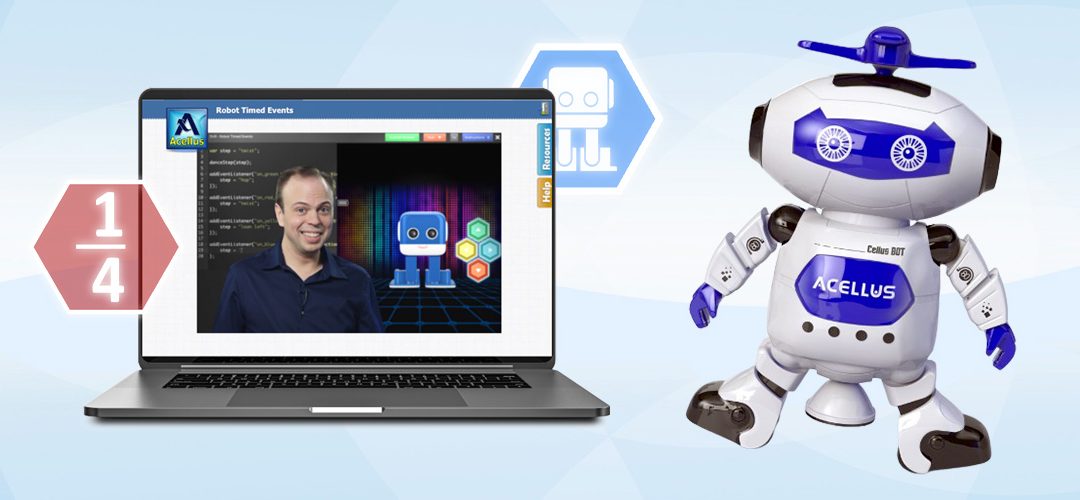
The Benefits of Ongoing STEM Education
It's no secret that education is the stepping stone to a long and enriching career. However, offering your child a well-rounded education opens the door to a world of opportunities even beyond their future jobs — with the right knowledge, kids can grow into capable...

Why Video-Based Instruction is Effective for Homeschool
Whether you are a parent currently homeschooling a pre-K-12 student or someone considering an online homeschool program, you must decide what tools to incorporate into your student's instruction. To help, we break down what a homeschool curriculum with video...


